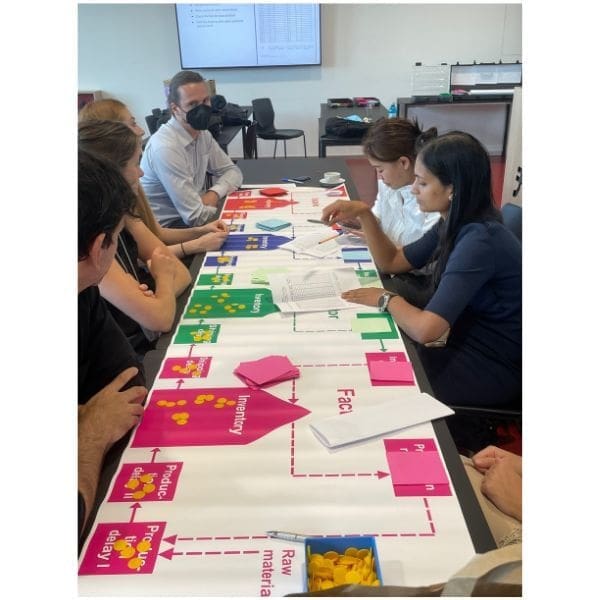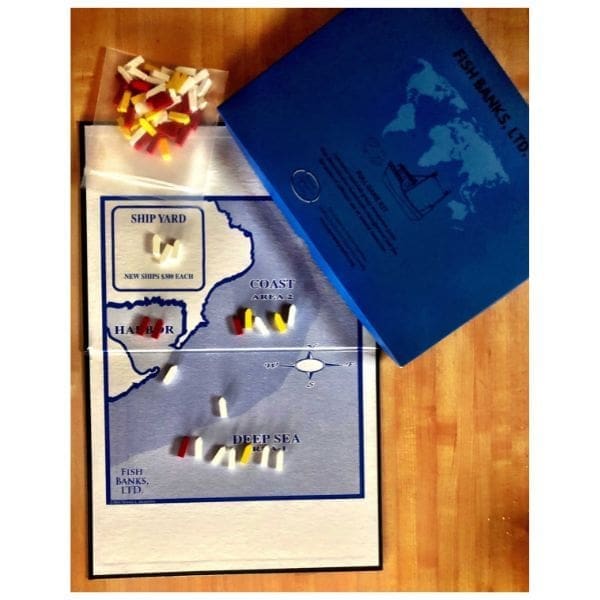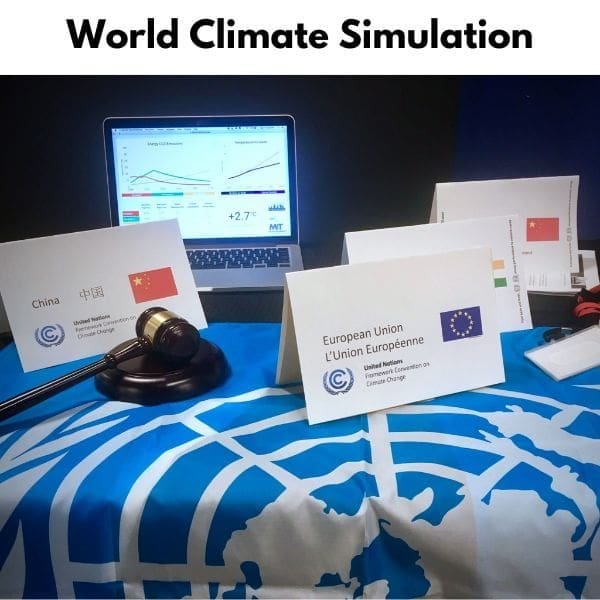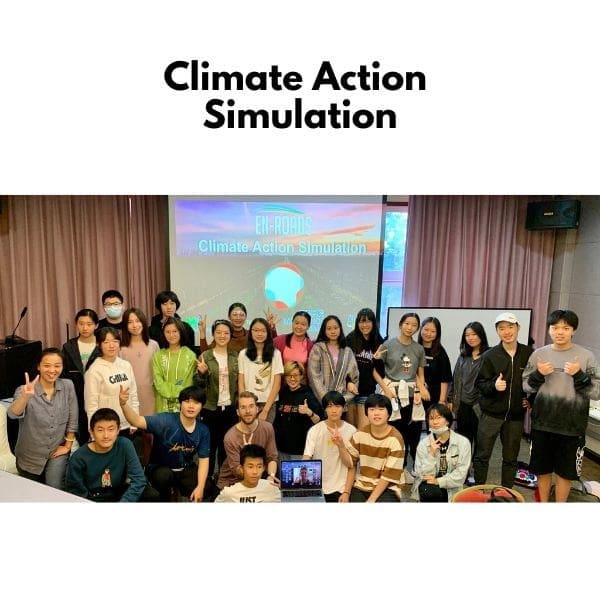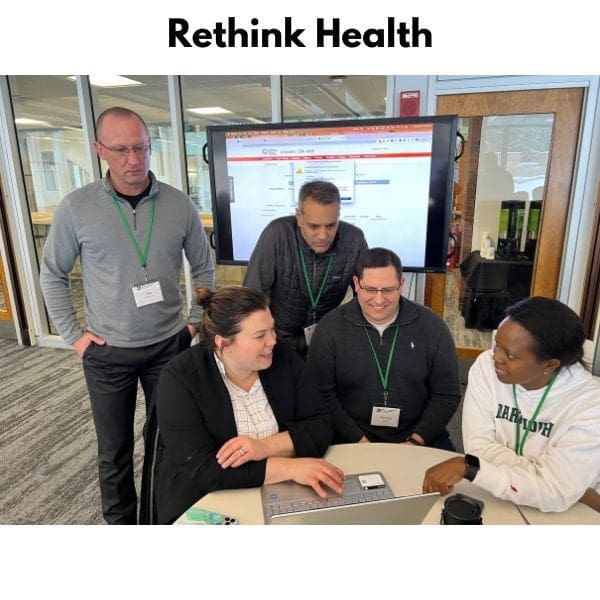TRaining Services
Engage, Play, Learn: Explore training games!
Team Training: Game-Based Learning Exercises
Hands-on, role-playing games are an excellent way to help teams, managers, and students understand systems thinking concepts and the underlying behavior of systems.
We are pleased to announce the System Dynamics Society can connect you to facilitators for a wide array of systems training opportunities. These include experiential games and strategy labs that provide opportunities for team-building while introducing systems thinking concepts and skills. These games may very well help you to change your perspective and approach your work in a different way. Please contact our Executive Director, Rebecca Niles, for more information or request a referral based on your organization’s needs.
If you are interested in connecting with a consultant who can provide executive coaching, training, systems mapping, and system modeling, visit our Consulting Referral page.
Group Juggle
The Group Juggle experience is intended to help audiences quickly understand the systems thinking method. It begins with a fun 5-minute team juggling experience. This is followed by a debrief that explores problem-solving using systems thinking approach with System Dynamics simulation. Participants gain insight into behavior over time graphs, causal loop diagrams, feedback, System Dynamics simulation, and finding leverage points within a system.
Learning Objectives: Understand the basic tools and method of systems thinking as well as the limits to growth and collapse archetype.
You must never tell a thing. You must illustrate it.We learn through the eye and not the noggin.
Target audience: varied, such as corporate teams, executives and managers, university students and/or faculty.
Number of participants: ideally 15-20 players.
Time required: 1- 3 hours, depending on how deeply you would like participants to experience systems thinking tools and techniques.
Beer Game
The Beer Game is a deeply insightful introduction to the power of a dynamic systems perspective. This supply chain game was developed to introduce students, managers and executives to concepts of System Dynamics and supply chain management. Players experience the pressures of playing a role in simplified supply chain and begin to understand how the structure drives behavior.
Learning Objectives: Debriefs can include team building with emphasis on illuminating the negative effect that blame and mistrust have on learning, a basic introduction to supply chains including the bullwhip effect, and introduction to systems thinking including an understanding that system structure drives behavior.
People are not very good at keeping track of the supply line. The most salient information that they’ve got is, do they have inventory? The on-hand inventory plays an outsize role in conditioning their decisions.
Target audience: varied, such as corporate teams, executives and managers, university students and/or faculty.
Number of participants: Minimum of 8 players.
Time required: 3-4 hours
Fish Banks
Fish Banks is a role-playing, board game where teams manage and operate their own fishing companies. Players step into the role of captains and crew members and compete against other fishing companies. Each fishing company begins each game with equal cash, fishing boats, and technology. Together the teams strategize about buying and selling ships, where to fish, and how best to manage fleets without depleting fish stocks all while in competition with neighboring teams.
Learning Objectives: Debriefs touch on issues of sustainability, strategies for the management of common resources, and the systems concept that structure drives behavior. Experience can include computer modeling exercises.
Project-based action learning in the field is often not possible in settings where the stakes are high or the consequences of decisions unfold over years or decades. For many of the critical issues we face, simulation becomes the main way we can discover for ourselves how complex systems work and develop the management and leadership skills we need to succeed.
Target audience: suitable and provides insights for all age levels. The game has been used in K-12 education, for undergraduates, graduate students, and for managers in a variety of fields.
Number of participants: ideally 8-40 players.
Time required: 3-4 hours
World Climate Simulation
The C-Roads World Climate Simulation is a role-playing exercise of the United Nations climate change negotiations. Through the simulation, participants get to explore the necessary speed and level of action that nations must take to address global climate change. At the heart of the experience is the use interactive C-ROADS simulator, which is used to rapidly analyze the results of the game play. This simulation experience can be used for:
- Climate Policy Simulation
- Climate Strategy Planning and Risk Analysis
- Building Awareness about Climate Impacts and Sustainability
Participants face the climate science, engage in the drama and tensions of global politics, test their ambitions against a climate-modeling tool used by actual climate negotiators, and then reflect on how the experience challenges their assumptions about climate action and global equity.
Target audience: this game has been played with a wide variety of participants, including students of all ages, university faculty and administrators, corporate executives, policy makers, and community members.
Number of particpants: ideally 8-50 players.
Time required: 2-3 hours
Climate Action Simulation
The Climate Action Simulation is a highly interactive, role-playing game for groups to explore the different stakeholders and solutions that need to come together to take action on climate change. It is framed by the En-Roads Simulator, which allows participants to rapidly assess the impacts of different solutions to climate change—like energy supply subsidies, energy efficiency, or land use changes. The game is conducted as a simulated emergency climate summit organized by the United Nations to establish a concrete plan to limit global warming by bringing together government, business, and civil society representatives
En-ROADS helps people make connections between things they care about and the possibilities available to help ensure a resilient future. Users can quickly see the long-term effects of the global climate policies and actions they imagine. Experiencing En-ROADS changes how people think about climate change and how they feel about it at a visceral level.
Target audience: Provides insights for all age levels. The game has been used with high school and university students, community members, industry professionals, corporate executives, and policymakers
Number of participants: ideally 20-50 participants.
Time required: 2-4 hours
ReThink Health Simulation
The ReThink Health strategy simulation has been used in educational settings to teach about population health strategy and it has been used to convene individuals throughout regions to collectively strategize to improve population health. The stakeholders involved in the regional sessions often include public health officials, hospitals and healthcare providers, local government, insurers, and local businesses.
The greatest contribution is everyone being open and honest. That ability to be forthcoming in full disclosure and understanding where we each are and acknowledging it—ReThink Health has brought that into the conversation.
Target audience: Provides insights for all age levels. The strategy simulation has been used mainly with local and regional health authorities, governments, and in schools and universities.
Number of participants: ideally 4 or more participants.
Time required: 1.5-5 hours


